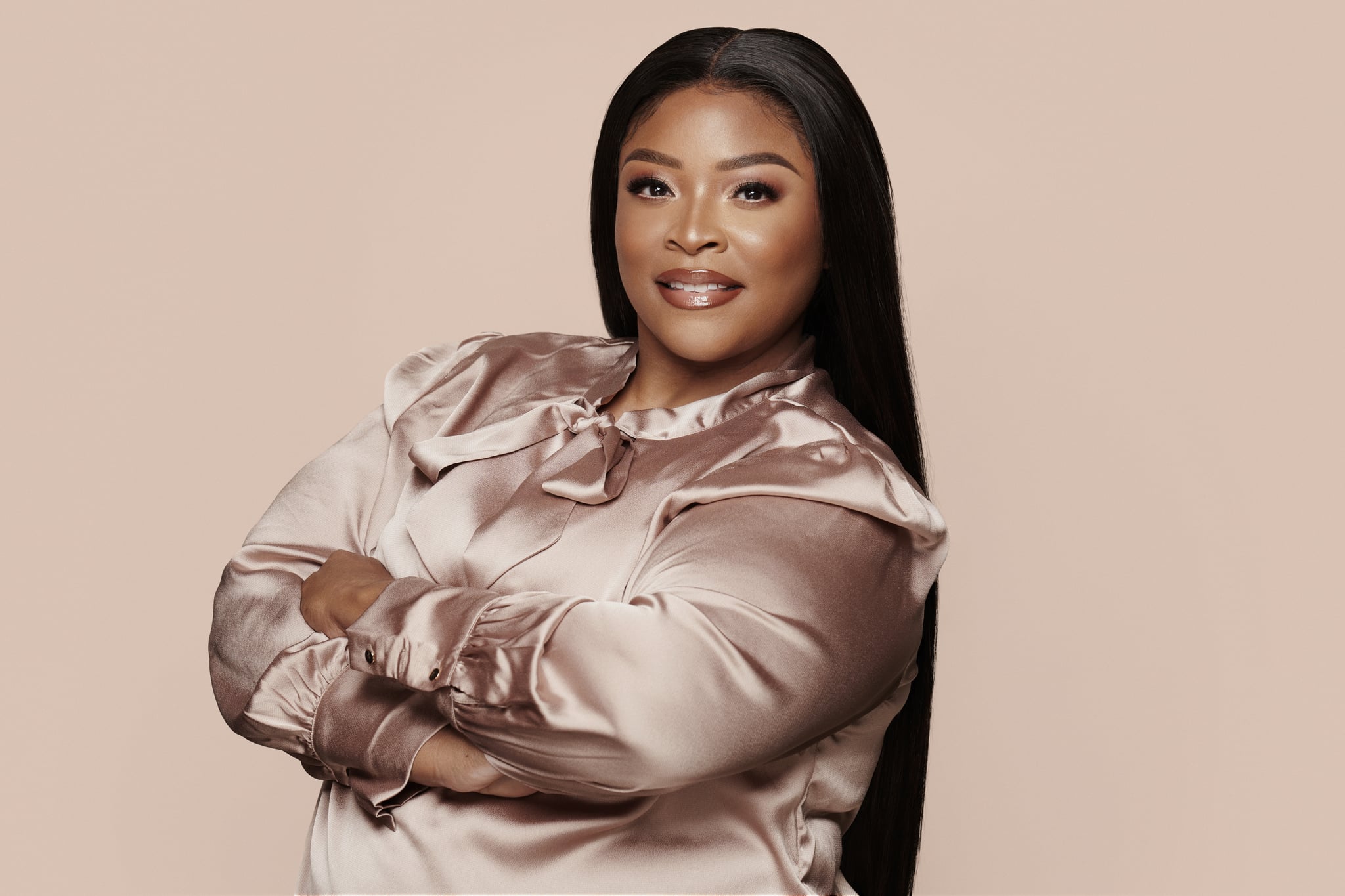
Thompson’s story goes beyond clean cosmetics.
By Geri Stengel
With a strong beauty culture, black and brown women are driving growth in the cosmetic industry, according to NiesenIQ. Yet, historically, their needs have been ignored.
Tisha Thomson, CEO of LYS Beauty, is among those who are tapping into this culture with great success. Her company focuses on clean beauty, which is expected to grow significantly due to increasing demand for safe, non-toxic, green products that have transparent labeling of ingredients, according to Brandessence Market Research.
Thompson’s story goes beyond clean cosmetics. The LYS brand brings inclusivity to makeup with universal shades, affordable pricing, and marketing that represents women of all colors and sizes. It lifts women’s spirits with inspirational product names.
“I started [my career] as a makeup artist,” said Thompson. However, “it was very important to my parents that I become the first generation to graduate college. They wanted me to go to school and get ‘a real job.'” In high school, she fell in love with accounting because her teacher made it easy and fun. So, Thompson went to college for accounting but earned extra money to put herself through school as a makeup artist.
When she graduated college, Thompson landed a job as an accountant at PÜR Cosmetics. She stalked the marketing and product teams for a year, telling them that working in their departments was her passion. “Eventually, a position opened up as a coordinator and I took a demotion from a staff accountant to take the position.” The rest is history. Over the course of 15 years, she rose to vice president of marketing and innovation.
“Working at PÜR allowed me to learn the cosmetics business from soup to nuts,” said Thompson. She knew the finance piece but learned about formulations, operations, product development, sales, and marketing.
In 2017, Thompson conceived a campaign for a line of foundation with 100 shades. “I thought of it in the shower,” she said. “I was just so sick of brands launching foundations that did not represent women of color.” Robert Cohen, CEO at PÜR, got on board.
The company launched the most extensive shade range in the industry. It wasn’t just about the number of shades; it was how deep the brand went into the undertones, focusing on the depth of all women’s complexions. “It was really well-received in the industry,” said Thompson.
The two-year journey for that innovation lit a fire inside of Thompson to create something bigger than a campaign for a single product. She realized she wanted to create her own brand—a line of clean cosmetics by a Black woman for women of color.
She had spent the last decade on the clean side of the business, creating cosmetic product formulations that didn’t use talc, fragrance, and parabens. Ingredients known as irritants for people with sensitive skin were excluded. The brand would use vegan ingredients and ingredients that were good for you, such as hyaluronic acid, niacinamide.
“I noticed that the industry as a whole just did not speak to women of color [from both product and marketing perspective],” said Thompson. “It just frustrated me. You didn’t see a strong presence of women of color in ads and especially plus-size women of color like me.” She not only wanted to launch her company but catalyze the cosmetics industry to diversify. “I wanted to be a part of making that shift happen.”
Her boss and mentor told her to go for it. Friends, colleagues, movers, and shakers in the industry were enthusiastic, too.
LYS’s mission is to focus on those who are underrepresented, specifically in the clean beauty space. “I want everyone to be able to have access to clean beauty,” said Thompson.
That’s not just that products are formulated for all skin types and tones, but the price point is affordable. “The average clean beauty foundation is between $30 to $45. Ours is $22.” The brand is all about building confidence and loving yourself. The name of the company is an acronym for love yourself.
The delta symbol—a triangle—represents change. From packaging design to visual elements, the triangle is periodically used to symbolize the change Thompson wants to remind customers that they can make by positively changing the way they treat, talk to, and love themselves. The names of shades are positive affirmations, including Strength, Worthy, Ambition, Inspire, and Kindness.
“We are exclusively sold at Sephora and were the first black-owned, clean makeup brand to be sold there, which is a huge accomplishment,” said Thompson. She planned for very healthy sales when she launched in February of 2021. “We sold out of all our inventory within the first week.”
The Covid-19 pandemic caused a massive disruption in the supply chain for the beauty industry. “We were out of stock for almost three months,” said Tompson, resulting from both supply problems and the media coverage that the company has gotten. While getting raw ingredients and components have improved, it is still challenging. “How do we keep our fan base engaged when you don’t have any inventory to sell?”
Thompson has chosen to keep stoking the fire by pitching the media and talking to them. “We did a major restock. And, boom, once again, we sold out,” she said. This time, they were able to restock quickly. While this is an excellent problem to have, it did cause many sleepless nights.
Thompson bootstrapped the company with personal savings and her inheritance after her father unexpectedly passed away in early 2019. Investing her inheritance in the company was a way to keep her father’s legacy alive. “I need to live life to the fullest,” she said. “To go after my dreams because you only have one life and you don’t know how long you’re going to be around.”
Thompson also received angel investments from her former boss and another industry leader. She chose not to raise money from venture capitalists early on because she didn’t want to lose control of her company. “I want to call the shots, which I can do as majority owner,” said Thompson. However, she may when the company’s valuation is higher and she’s ready to add product lines.
How are you transforming your industry?





